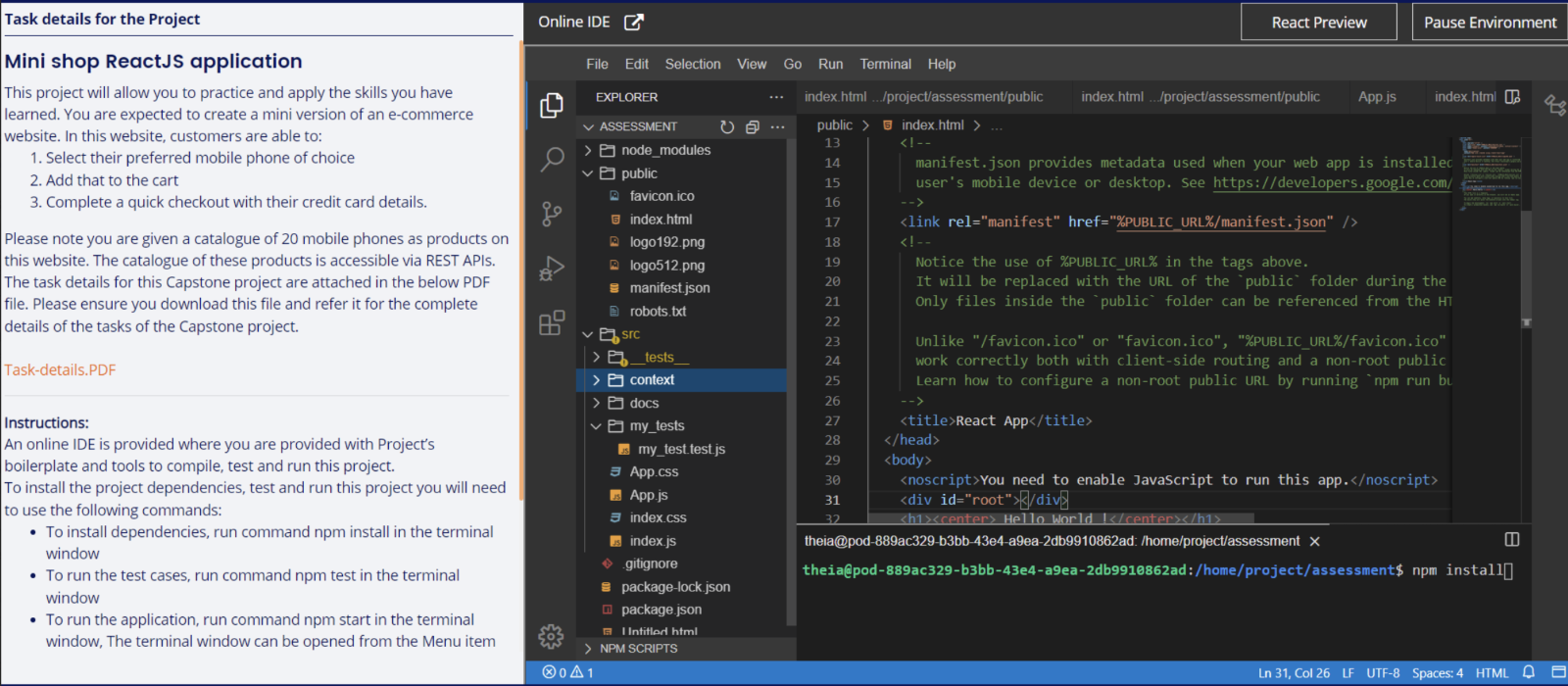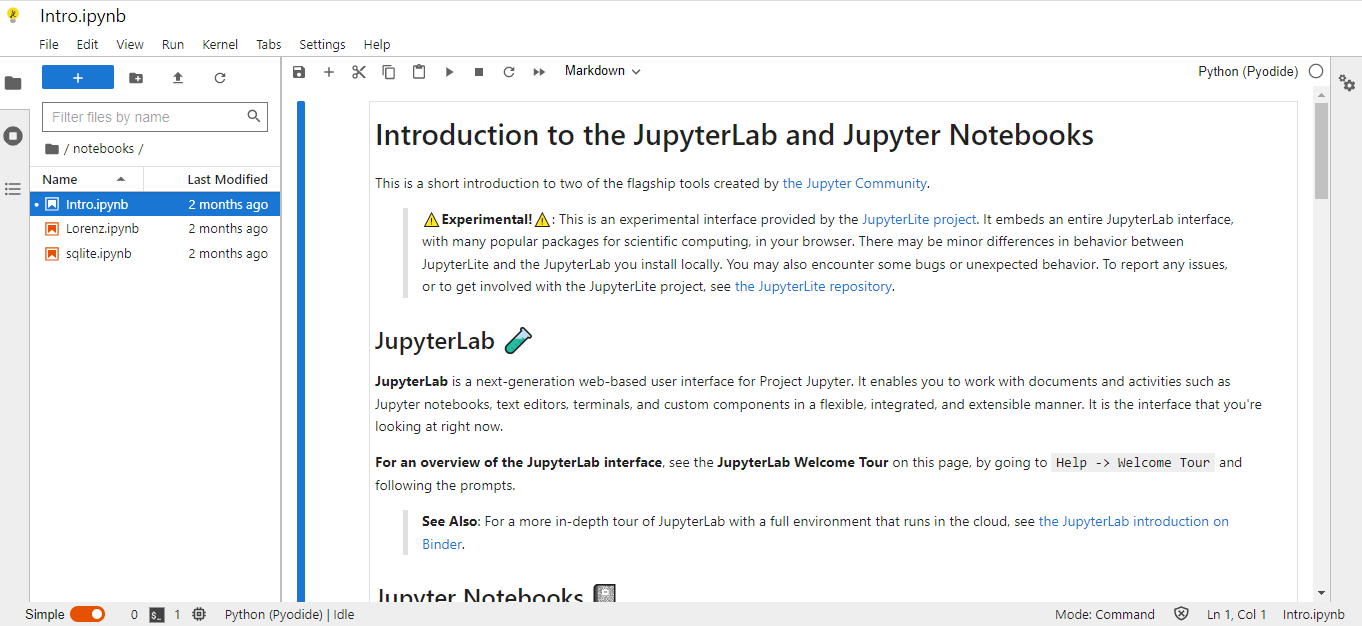Earlier, the amount of data generated by a company or organization used to be small, and accessing, saving, and processing it using business intelligence tools wasn’t that much of a task. But as time passed, different technologies and modifications came in, and the amount of data increased drastically.
Today, we deal with approx. 3.0 quintillion bytes of data daily, and with such a large number, management, storage, and other related complications come hand-in-hand. Therefore, the data science market size, which was USD 37.9 billion in 2019, is expected to grow to USD 140.9 billion by 2024.
What is Data Science
Every data that exists has a story to tell. Data Science is an exciting blend of various tools, algorithms, statistics, mathematics, and machine learning principles that uncover and articulate these hidden insights and stories from raw data and help you shape your plan of action.
Skills should you look for while hiring Data Scientists
Working with data is infamously tricky, and if your candidates are not aware of the recent technological changes, they might present insignificant or incomplete insights. Hence, as a decision-maker, you need to identify the ideal skill set that data scientists should have.
Here are some of the most preferred skills that you need to look for in a data scientist:
- Profound knowledge of Mathematics and Statistics
- Programming Languages – Python, R, Scala, Spark, SQL
- Libraries and frameworks – NumPy, Panda, Scikit-Learn, Matplotlib, OpenCV
- Data Visualization
- Machine Learning
- Natural Language Processing (NLP)
- Critical Thinking and Data Driven Problem Solving
- Analytical Skills
- Big Data
How can a good Data Scientist add value to the business
Data means evidence, and decisions based on evidence lead to better results. A good data scientist can help you in adding value to your business by:
- Analyzing your business transactions and procedures
- Making predictions of the future business success
- Presenting quantifiable and data-driven evidence to improve decision making
- Identifying opportunities
- Making accurate forecasts that can effortlessly optimize your business
Wondering how to lead upskilling initiatives for Data Science professionals? Visit here.
How iMocha can help you hire and upskill Data Science professionals
iMocha provides a comprehensive list of simulators for assessing a candidate's hands-on experience and suitability for the desired role. Our extensive programming assessment tests help you evaluate the most critical skills in the recruitment process, i.e., the candidate's problem-solving abilities and proficiency.
Using iMocha’s Project-Based Assessments, you’ll be able to conduct practical hands-on skill assessments more quickly, accurately, and in a more scalable manner.
Hiring & Learning and Development Managers can leverage iMocha's JupyterLabs Project Based Coding Assessment Platform for evaluating candidates for data science-related job roles by getting full access to:
- JupyterLabs’ application environment
- Extensive choices of questions from iMocha’s library, especially curated projects and real-life scenario-based problem statements
Our highly sophisticated and customizable platform will include real-time, insightful reports and code auto-evaluation. It will also provide excellent integrated development environments (IDE) and programming tools, functional tools and libraries for evaluating proficiency levels.
All these features will help better assess candidates for:
- Data Science Job Roles
- Full Stack Job Roles
- Front-End Job Roles
- Back-End Job Roles
Wondering which skills to evaluate while hiring data science professionals? Ask iMocha Experts!
How iMocha’s project-based assessments work
iMocha Projects is a hands-on coding activity, designed for framework-based technologies, to evaluate applicants and candidates based on real-world scenarios.
In project-based assessments, candidates build a mini project, through our compiler or IDE in a set time. By evaluating project-ready proficiency through real-world scenarios using iMocha Projects, you can simulate actual professional workflow.
The mini-projects created by candidates are then auto-evaluated, and you get the complete analytics and the candidates' syntax for reference.
That means 0 hours wasted for manual evaluation, and you can access detailed reports on candidates' skills, competencies, and weaknesses – with a click of a button.
Freshers and professionals alike love these kinds of creative assessments rather than typical coding or MCQ tests.
 Your candidates get access to a pseudo-coding environment where they can compile their code – to gauge whether it actually works.
Your candidates get access to a pseudo-coding environment where they can compile their code – to gauge whether it actually works.
With iMocha Projects you can:
- Simplify the workflow to conduct take-home project assignments
- Get access to the ready-to-use iMocha projects library
- Simulate the professional workflow in candidate friendly environment
Why JupyterLabs: the IDE that iMocha provides
JupyterLabs is the next-gen Python IDE for notebooks, codes, and data that holistically suffices your exploration, cleaning, preparing, modeling, evaluation, and deployment needs.
There are many reasons why Jupyterlab is a much better tool than the classic ones. With JupyterLabs:
- You get everything in one view
- Viewing CSV is much better
- One can add a piece of code by simply changing a cell from Code to Markdown
JupyterLabs also provides a high level of integration between notebooks, documents, and activities:
- Drag-and-drop to reorder notebook cells and copy them between notebooks
- Run code blocks interactively from text files (.py, .R, .md, .tex, etc.)
- Link a code console to a notebook kernel to explore code interactively without cluttering up the notebook with temporary scratch work
- Edit popular file formats with live previews, such as Markdown, JSON, CSV, Vega, VegaLite, and more
 Image source – JupyterLabs IDE
Image source – JupyterLabs IDE
Top 12 Data Science skills to watch in 2022
Data science is one of the most powerful ongoing technological trends and is reshaping numerous business processes and operations worldwide. As the amount of data continues to grow, companies are looking for new innovative ways to optimize data science.
Here are some data science trends and predictions that will drive the digital world in 2022:
Data Science on The Cloud
- Predictive Analytics
- Cloud Automation and Hybrid Cloud Service
Blockchain in Data Science
- Improved Cybersecurity
- Natural Language Processing
Small Data and Scalable AI
- Clinical Cures and Pandemic Control
- TinyML
Automation of Data Cleaning
- Quantum Computing
- Deepfake Video and Audio
Data science can add value to any business that genuinely understands the value of its data. From statistics and insights across workflows to hiring new candidates and helping senior staff make better-informed decisions, data science is extremely valuable to any company, belonging to any industry.
If you want to recruit data scientists, Check out this blog 'Strategy to Recruit Data Scientists in 2023'
Need more help with understanding data science hiring? Download our kit!

